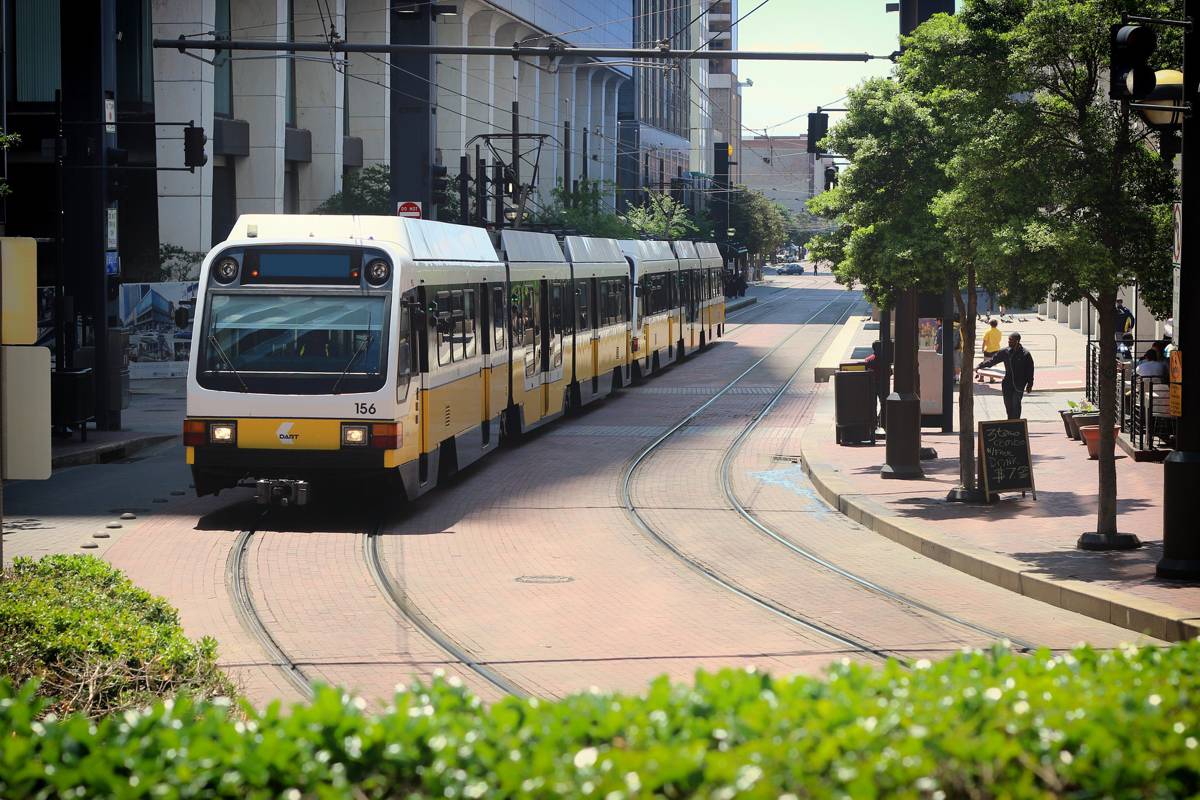EIB supporting two bus rapid transit systems in Indonesia
The European Investment Bank (EIB), the climate bank of the European Union, has announced its plans to finance two bus rapid transit systems (BRT) in the cities of Batam and Makassar in the Republic of Indonesia.
The EIB financing will be a part of wider Team Europe support for the Government of Indonesia in reducing country’s greenhouse gas emissions by up to 41% by 2030. Low-carbon urban infrastructure development projects like the BRT systems are key to reducing global greenhouse gas emissions as cities worldwide produce some 70% of all these emissions worldwide.
The cities in the South Sulawesi Province and Riau Island of Indonesia, home to some 3 million people, developed their BRT system projects with support from the Financing Energy for Low-carbon Investment – Cities Advisory Facility (FELICITY) – a project preparation facility jointly implemented by the EIB and Deutsche Gesellschaft für Internationale Zusammenarbeit (GIZ) GmbH, and funded by the International Climate Initiative (IKI) of the German Ministry of Environment, Natural Conservation and Nuclear safety (BMU).
FELICITY helps cities across the world develop bankable urban investment projects and in turn contribute more effectively to reducing global greenhouse gas emissions, improving health and well-being and enabling a just green transition to carbon-neutral cities. The programme is active in Brazil, Ecuador, Indonesia and Mexico.
EIB Vice President Kris Peeters said: “With this commitment to support Indonesia`s low-carbon urban development projects the EIB is taking climate there where it matters most: to our cities which emit more than 70% of the world’s GHG emissions. Together with our partners from the EU and Germany, the EIB will support Indonesia in addressing effectively climate change, and at the same time, help unlocking major investment opportunities that will accelerate the green economic recovery of Indonesia from COVID-19. It is exactly with this type of investments that we contribute to mitigating the devastating consequences of climate change and stimulate the transition to the carbon-neutral cities of tomorrow.”
Hermann Amecke (Deputy Head of Division “International Cooperation on Environment, Energy and Cities; OECD and OECD-Countries”, German Federal Ministry for the Environment, Nature Conservation and Nuclear Safety), said: “Cities need more direct support to mitigate and adapt: finance is one key ingredient for that. This is one of the reasons why we started the FELICITY initiative (in 2017), combining the Technical Assistance from GIZ and the financial expertise from EIB. There are by now successful examples from FELICITY both in Indonesia as well globally.”
First Counsellor for Environment, Climate Action and Digital at the Delegation of the European Union to Indonesia and Brunei Darussalam Henriette Faergemann said: “The European Green Deal is the European Union’s response to the global crisis of climate change and environmental degradation. However, the ambition of the Green Deal will not be achieved by Europe acting alone. This is why the European Union engages with Indonesia as an important partner for climate action, including for low-carbon development in urban areas.”
Director for Multilateral External Funding Ministry of National Development Planning of Indonesia (Bappenas) Dr Raden Siliwanti said: “The Government of Indonesia and Bappenas stand ready to support the successful implementation of the sustainable transport projects in Makassar and Batam, as the key elements of the country’s strategy to reduce greenhouse gas emissions and contribute to global climate action.”
GIZ Country Director for Indonesia and ASEAN Martin Hansen said: “Through the joint implementation of FELICITY together with the European Investment Bank and our Indonesian partners at national and subnational level, we are delivering on urban climate action. But we need to intensify our efforts. The smart combination of technical and financial cooperation is the way forward to ensure that financing gaps for low-carbon urban infrastructure investments are addressed effectively in Indonesia — and globally.”
The EIB announced its intention to finance the two FELICITY-supported projects during the Low-carbon urban infrastructure preparation and financing in Indonesia panel at COP26 in Glasgow. The panel hosted representatives of the EIB, European Commission, German Government, GIZ, Ministry of Development Planning of the Republic of Indonesia (BAPPENAS), officials of the South Sulawesi Government, and the cities of Makassar and Batam.
Team Europe provides comprehensive support to climate action in Indonesia
Development of the two BRT systems in Indonesia was also supported by the GIZ programme SUTIR NAMA/INDOBUS which helps develop urban transport projects in Indonesia. With technical cooperation in project preparation, advisory services, tailor-made capacity development assistance in designing and structuring low-carbon infrastructure projects provided by GIZ and FELICITY, and more affordable, long-term financing to come from the EIB, Team Europe delivered a comprehensive support package to local and national-level climate action plans in Indonesia.
This kind of comprehensive support in all stages of project development including access to more affordable long-term finances accelerates global climate action by enabling promoters to develop bankable projects under the highest standards and requirements of international financiers such as the EIB.
Technical advisory cooperation and advisory support provided by FELICITY is crucial for the EIB as it helps in mobilise investments for low-carbon urban development and reduces time from application to financing, facilitating timely and efficient support for climate action efforts.





























